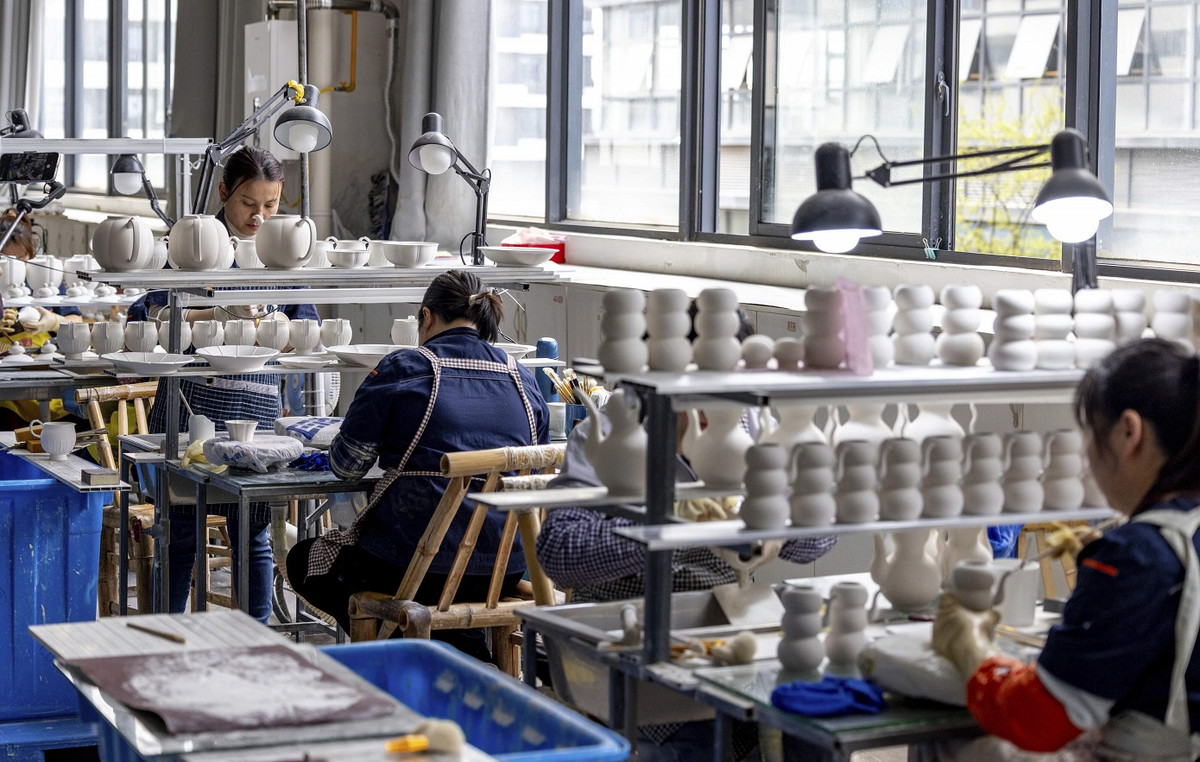Faced with a scenario already classified by some experts as the “fourth wave” of the pandemic, Europe – which for weeks has been observing an increase in the number of infections and deaths caused by Covid-19 – has again imposed more restrictive measures to curb the circulation of the coronavirus .
On November 4, the World Health Organization (WHO) warned that the European continent is once again the epicenter of the pandemic. In addition, health organizations are concerned about the arrival of winter, which can aggravate respiratory diseases such as Covid-19.
This time, in addition to social distancing and health actions, the continent seeks to reduce the number of people who resist immunization against the disease.
Check below measures taken by some countries.
Holland
On Friday (12), the Netherlands became the first country in Western Europe to impose a partial lockdown since the summer on the continent. The measure was motivated by the increase in cases of coronavirus infection, which reached a daily record of 16,300 on Thursday (11).
Bars, restaurants and non-essential businesses are expected to close at 7 pm for at least three weeks. There is also the encouragement of remote work and the prohibition of the presence of the public at sporting events. Schools, theaters and cinemas remain open.
Germany
Germany registered, this Monday (15), a new record in the incidence of Covid-19 per 100,000 inhabitants. According to the Robert Koch Institute (RKI), the country reached the index of 303. The highest rate during the pandemic was verified on Saturday (13), of 277.4.
The German government and political leaders from 16 states are expected to meet soon to debate tougher measures of control, although the three parties currently negotiating the formation of a new government agree to the expiration of the “state of emergency” – to which the country has been subjected since the beginning of the pandemic – on the 25th of November.
In addition, the German army is preparing to mobilize 12,000 soldiers by Christmas to help health services that may be overwhelmed, according to the newspaper “Der Spiegel”, and will provide booster vaccines and tests in nursing homes and hospitals.
Austria
The Austrian government, in turn, decided to impose a lockdown different from the measures seen so far: from this Monday (15), only people not vaccinated against the coronavirus should restrict circulation in the country.
According to the conservative government, about two million unimmunized people in the country of nine million people will only be allowed to leave their homes in specific cases, such as going to work or shopping for essential items.
The total vaccination rate in Austria is only about 65% of the population, one of the lowest in Western Europe.
Italy
In Italy, a mandate for all workers to present proof of vaccination against Covid-19 — the government-issued health passport — went into effect in October.
The decision has caused an uprising by anti-vaccine groups, who call the measure “dictatorial”. Since then, there have been reports of protests in different regions of the country.
So far, 7 million Italian citizens eligible to receive the vaccine against the infection have not sought the first dose. Despite this, more than 80% of people over 12 years of age are fully vaccinated in the country.
Countries in worrying scenario
In addition to the Netherlands, nine more countries in the European Union are on the list released by the ECDC (European Center for Disease Control and Prevention), which points out the targets of “very high concern” regarding the increase in cases.
Belgium, Bulgaria, Croatia, Czech Republic, Estonia, Greece, Hungary, Poland and Slovenia are the main focus of attention of health entities at the moment.
Austria and Germany, which also announced restrictive measures, appear alongside Denmark, Finland, Ireland, Latvia, Lithuania, Luxembourg, Romania and Slovakia with the classification “worrying”.
According to the weekly report released by ECDC, the health agency “is projected that the rates of case notifications, mortality rates and admissions to hospitals and ICUs will increase in the next two weeks.”
The document also warns that “countries with the lowest vaccination rates continue to be the most severely affected”, but highlights that “increasing rates and a worrying epidemiological situation are now observed in most EU Member States”.
*With information from CNN International and Reuters
Reference: CNN Brasil
I’m James Harper, a highly experienced and accomplished news writer for World Stock Market. I have been writing in the Politics section of the website for over five years, providing readers with up-to-date and insightful information about current events in politics. My work is widely read and respected by many industry professionals as well as laymen.







